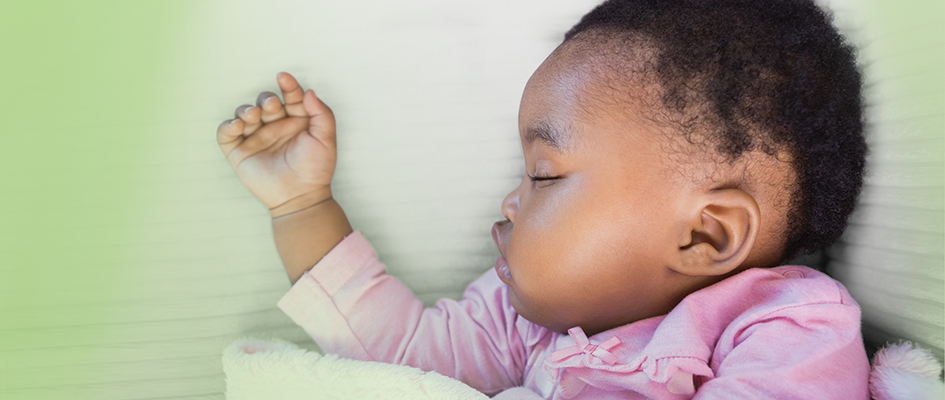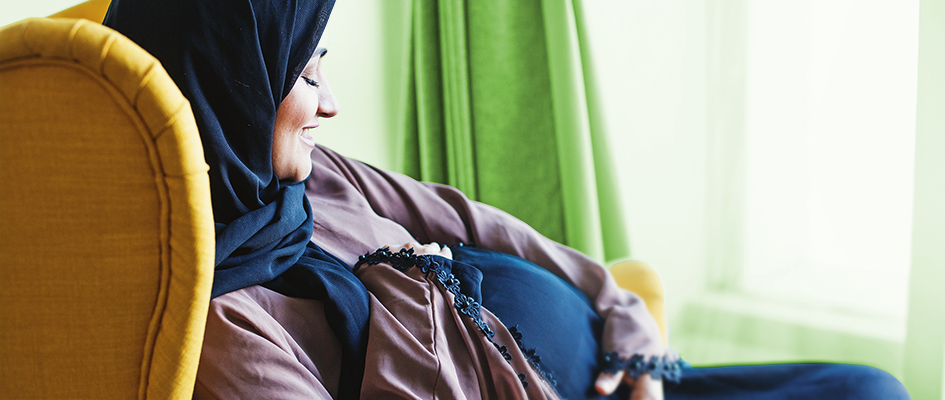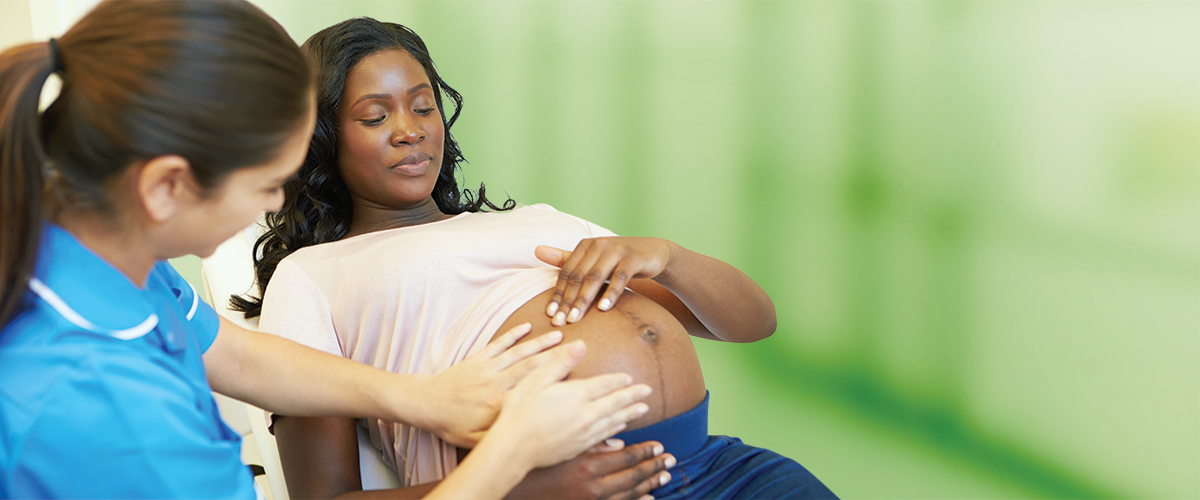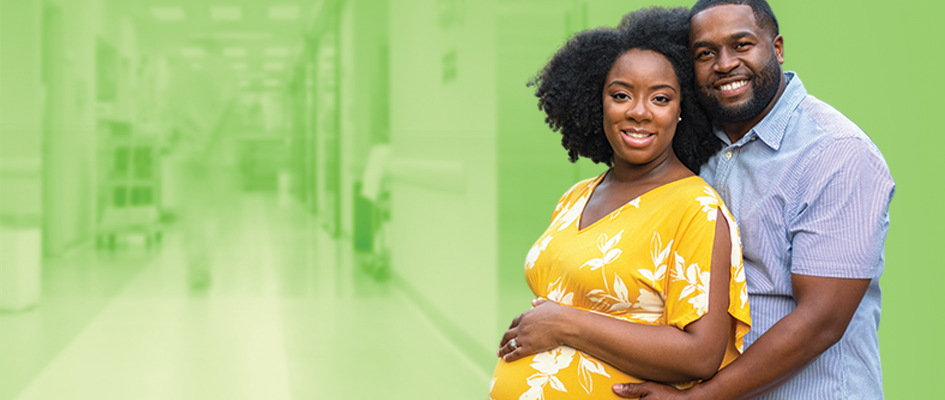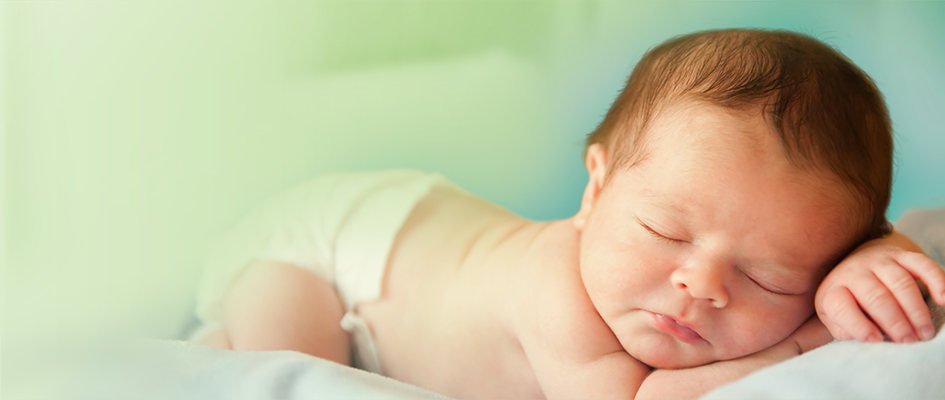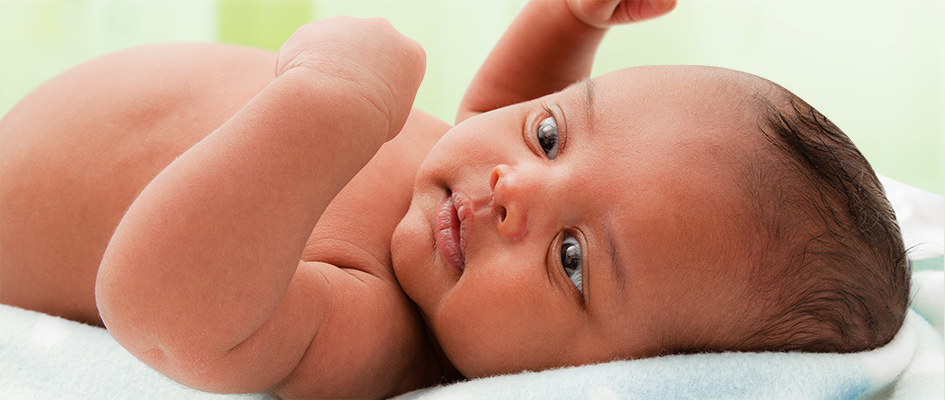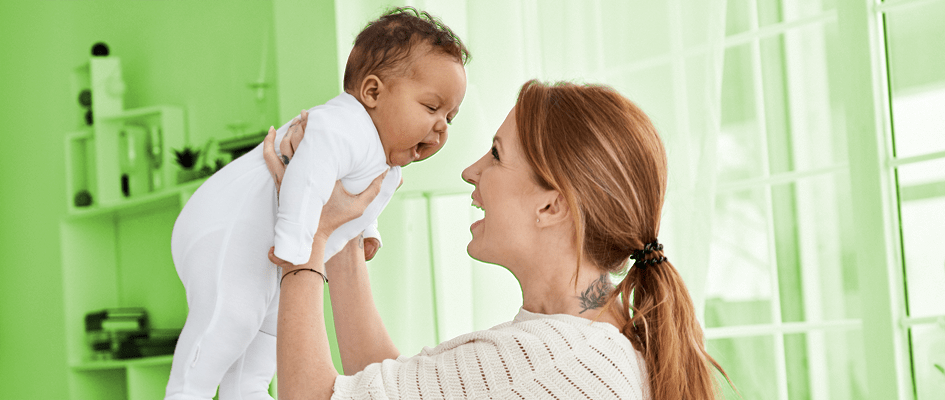After Delivery
These are the typical things you will deal with or may need to know about, after the birth of your baby.
What happens to baby after delivery?
The baby has two identification bands – one placed around the wrist and the other around the ankle. Baby bath demonstrations will take place in the nursery. Enjoy and ask lots of questions.
Jaundice and SBR
Jaundice occurs on occasion in newborns. It is not a disease and is not contagious. All babies are checked daily for Jaundice and if necessary, a heel prick test is done to evaluate the level of Serum Bilirubin (SBR). Each baby is individually treated by the paediatrician. Babies may be treated with phototherapy in the nursery when Bilirubin results are high. Parents are welcome to visit during phototherapy.
Rhesus-negative (Rh-Neg)
If your blood group is Rh negative a blood specimen will be taken from you and your baby after delivery. If your baby’s blood group is positive the doctor will prescribe an Anti – D Serum injection to prevent antibodies forming during a future pregnancy.
The serum will be given within 72 hours.
If both mom and baby are Rh negative no treatment is required.
A new citizen
The local health department is notified of all births and parents should register baby within seven days at the Department of Home Affairs.
Medical aid registration
Please consult with your medical aid as to registering baby for medical aid from birth.
Swabbing and bathing
It is not necessary to use Savlon with every swabbing, warm water is sufficient. Moms who had a normal delivery are encouraged to bath three times a day while moms delivered by Caesarean Section will be advised by nursing staff regarding bathing and wound care.
Feeding times
During the day moms are encouraged to room-in with baby and to feed baby. The time lapse between feeds depends on baby and mom. We encourage demand feeding.
During the night moms may request that baby be brought out. If mom is still recovering baby can be cup fed in the nursery with extracted milk or formula with permission from mom.
The time lapse between feeds depends on baby and mom. Ideally each feed should take place every 3 – 4 hours.
Baby’s stool
Meconium: first stool – greenish black.
After two days: soft yellowish mustard colour.
Babies that are bottle fed often suffer from constipation please monitor and inform the nursing staff.
Immunisations
All babies delivered at Lenmed receive immunizations (BCG against TB and Polio Drops).
All other immunizations are administered at your nearest clinic.
Your baby’s immunization card with birth and discharge weights should be shown to the Sister at your nearest clinic on your first visit. Your baby should be gaining weight of 170grams per week.
Constipation & Mom
If Mom has not passed a stool or had a bowel movement by the third day, please inform the nursing staff. Routinely a laxative will be prescribed if there has been no bowel movement by the second day after a c-section.
Post-natal depression
This can happen to Mom any time after the delivery of a baby. Always try to stay relaxed and take care not to allow too much worry over your baby. Rest and sleep are essential so restrict your visitors. You may feel irritable, angry, isolated and have the feeling that ‘no one understands’. This is normal and we are here to help. Speak to your doctor and nursing staff.



